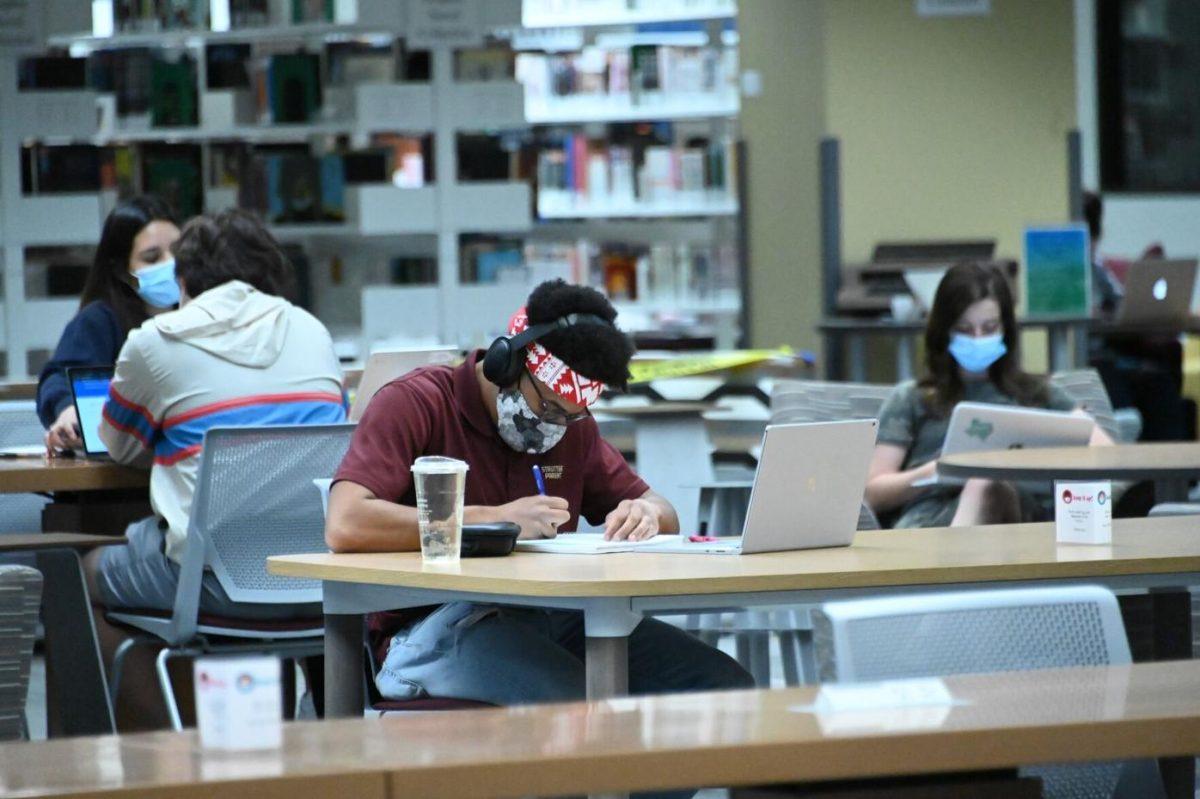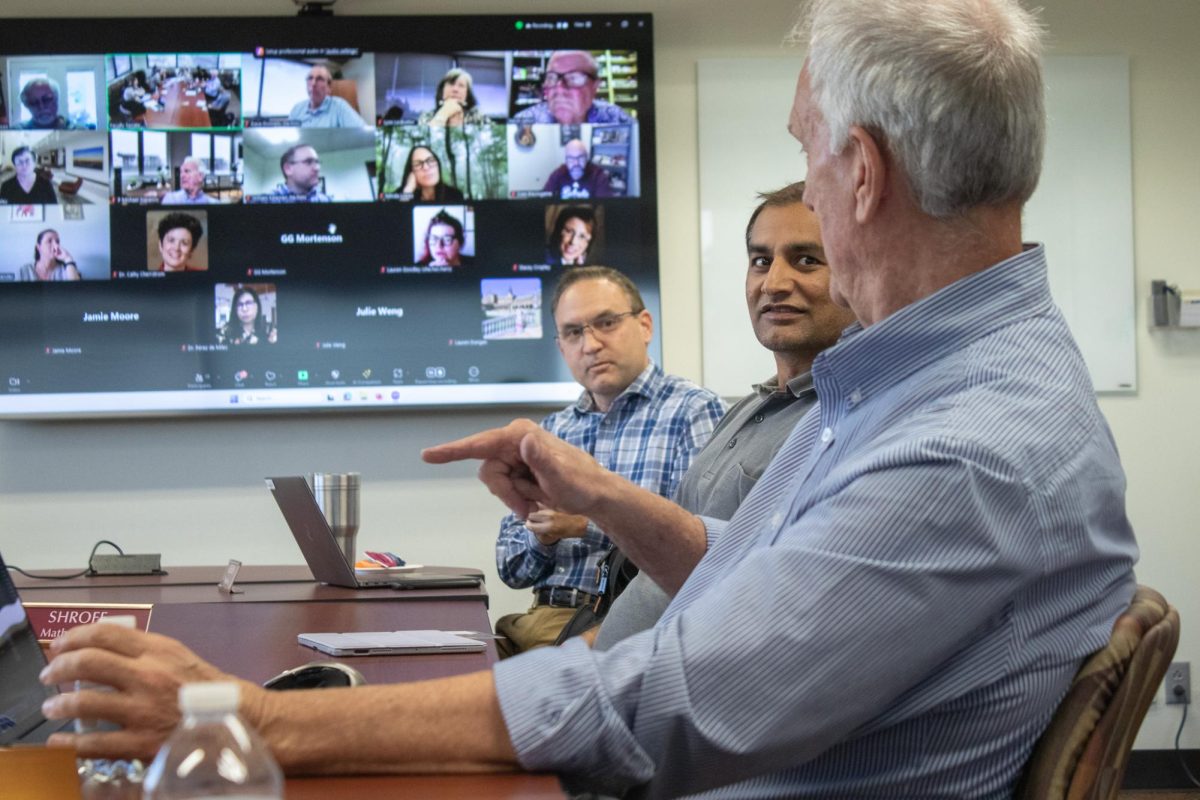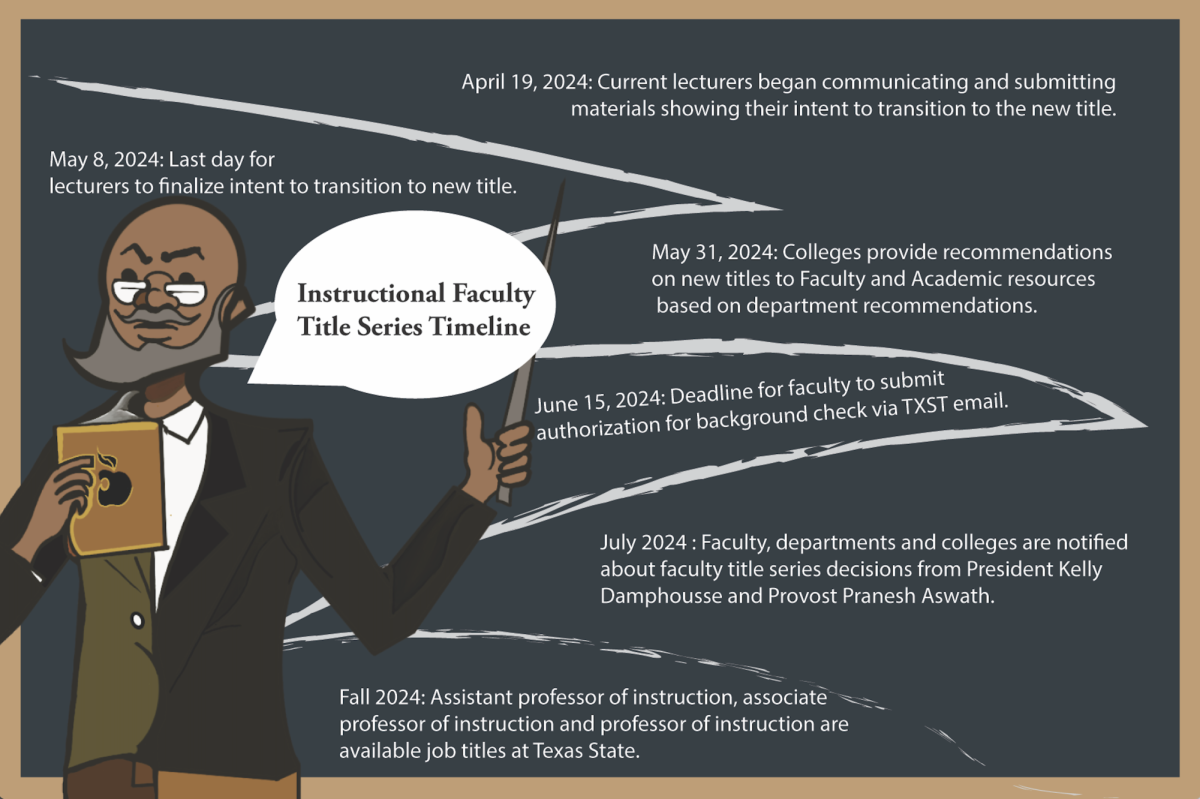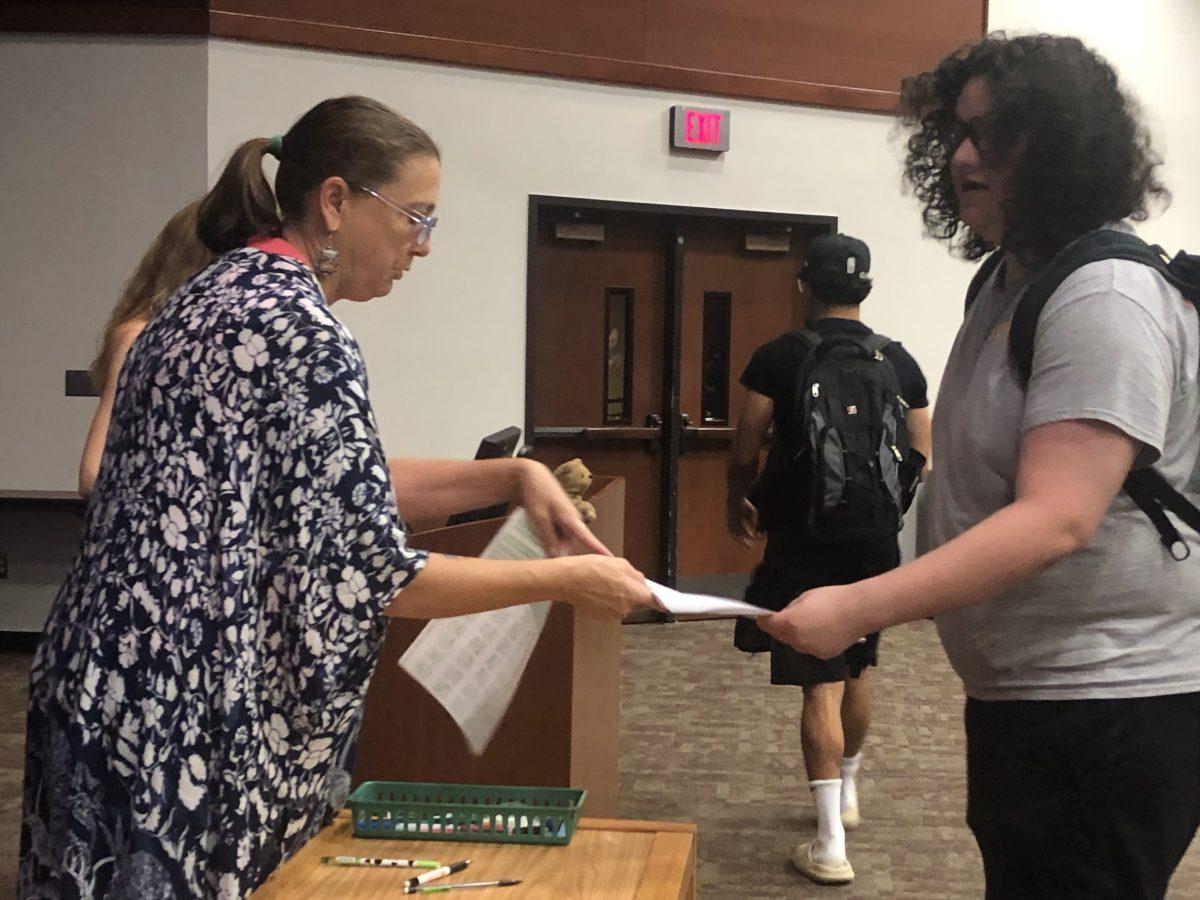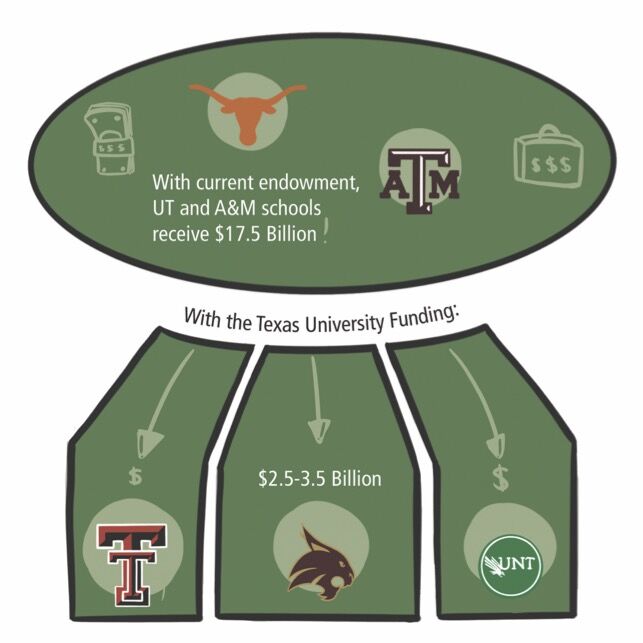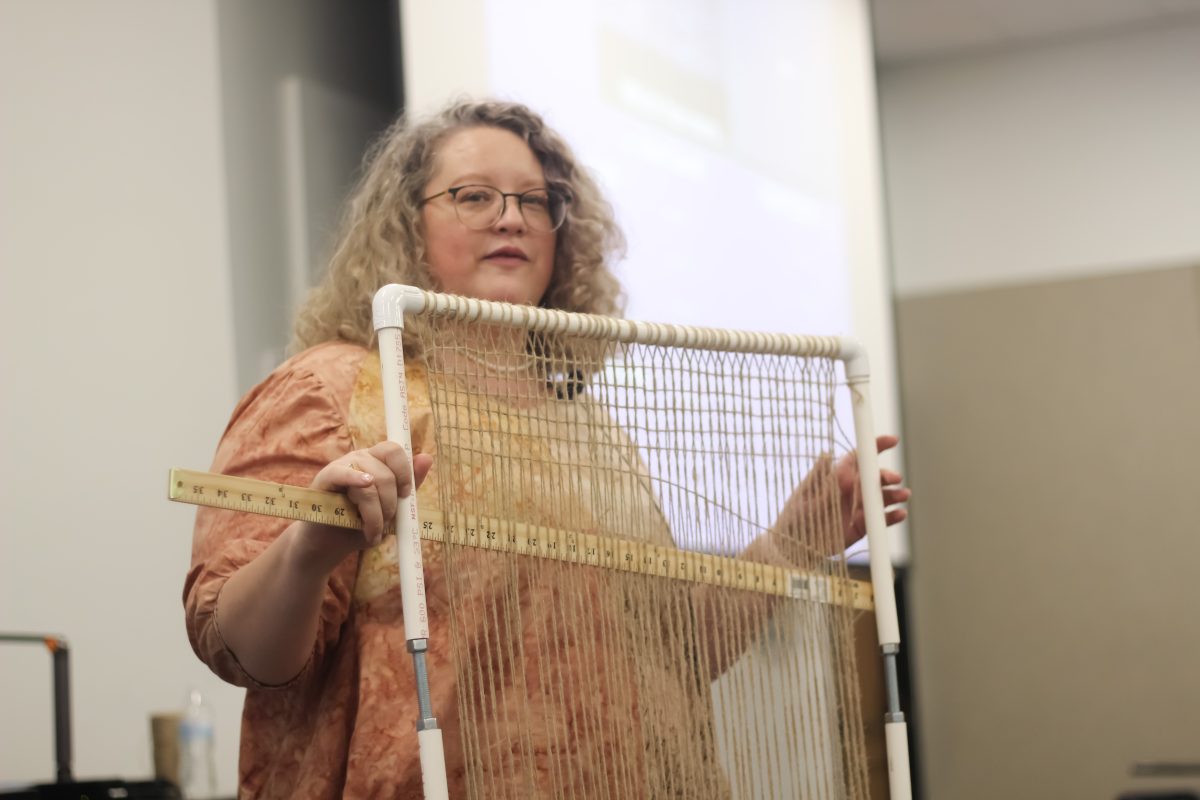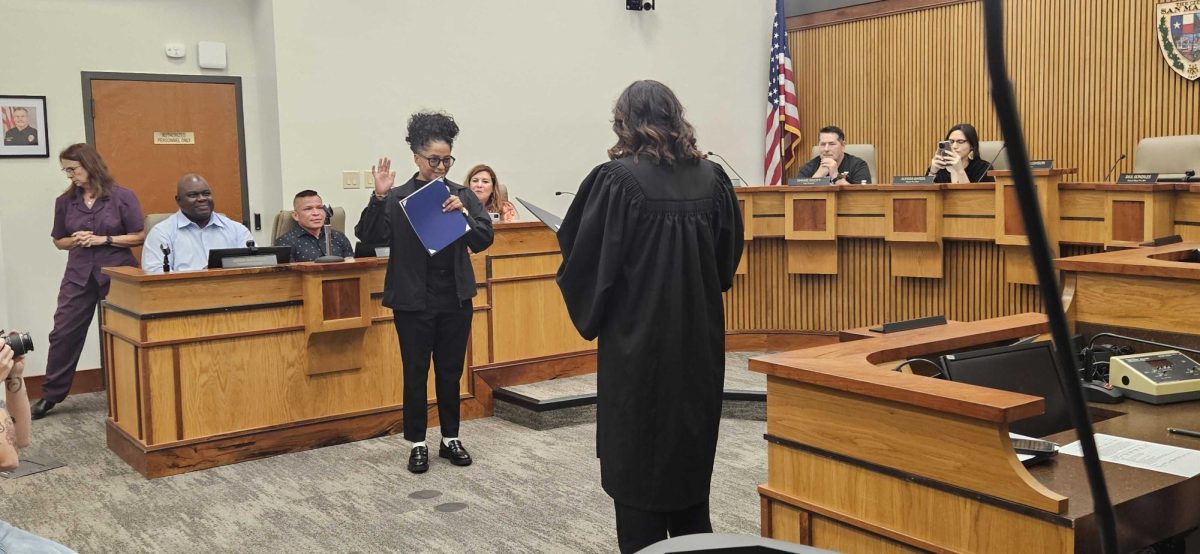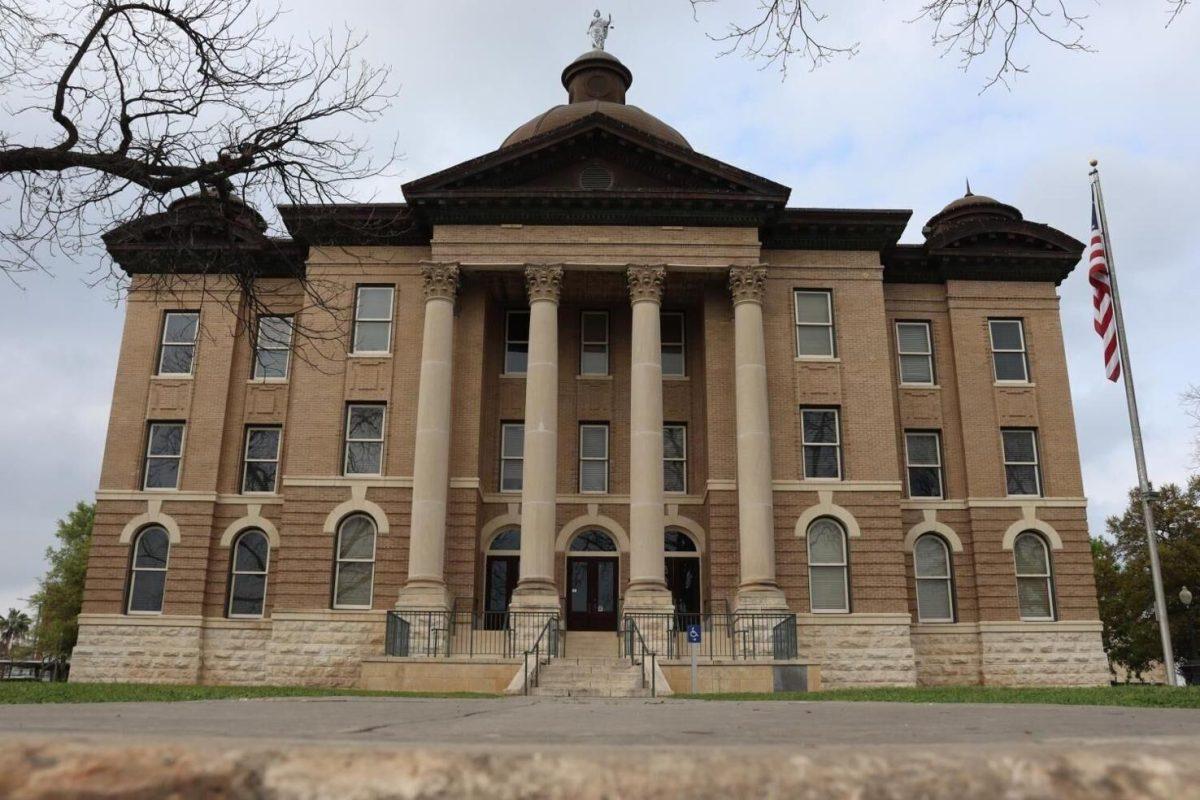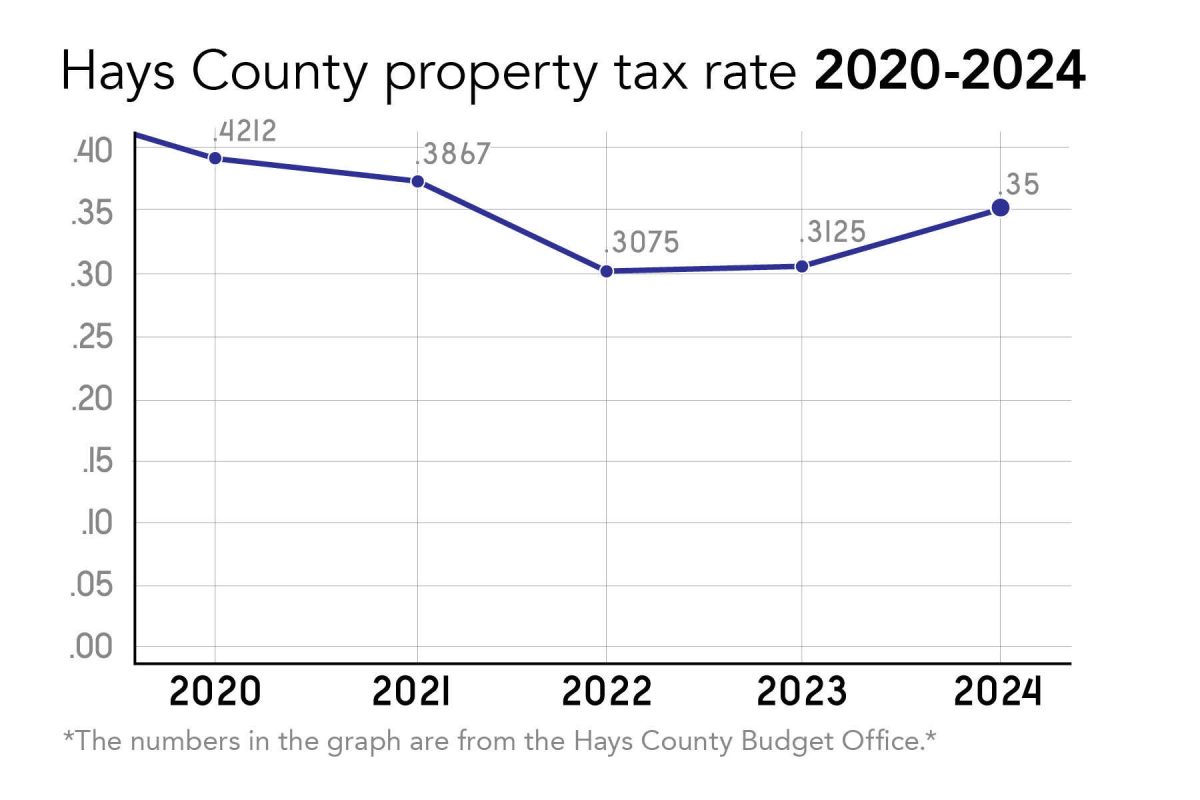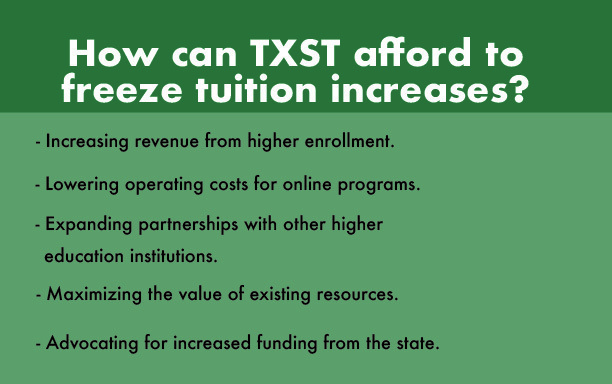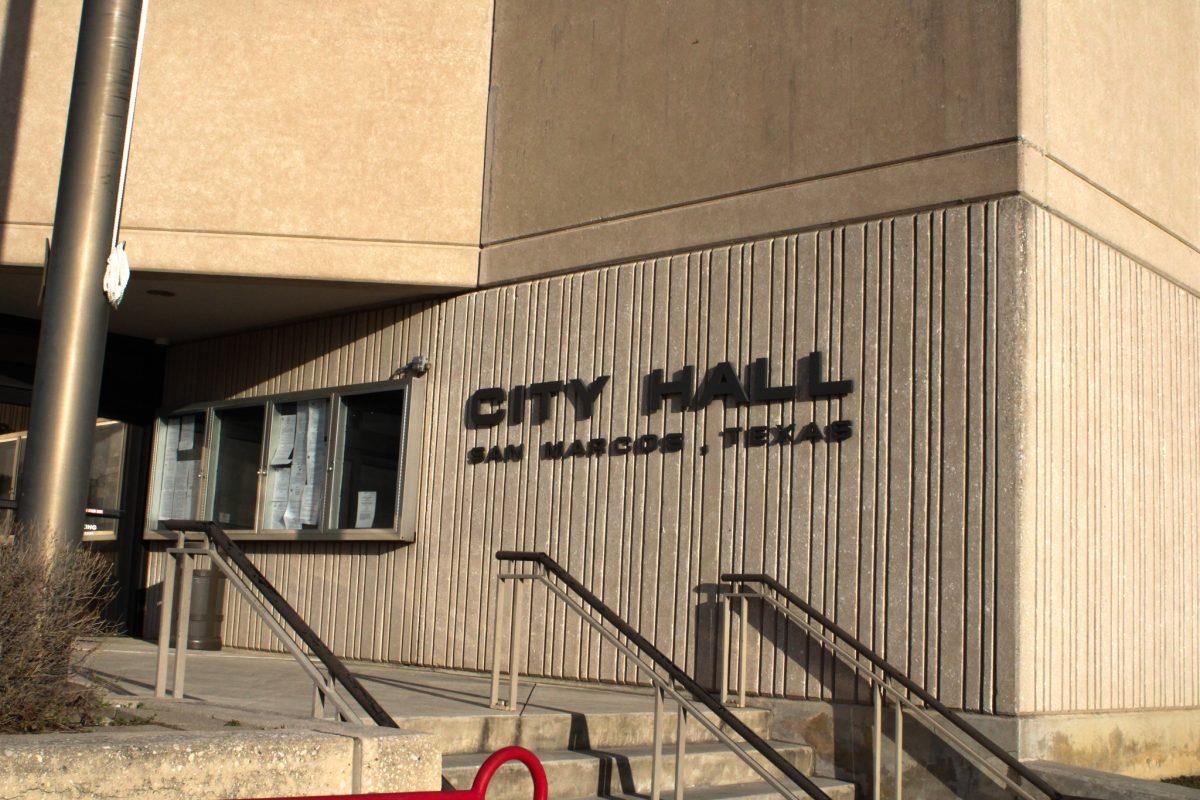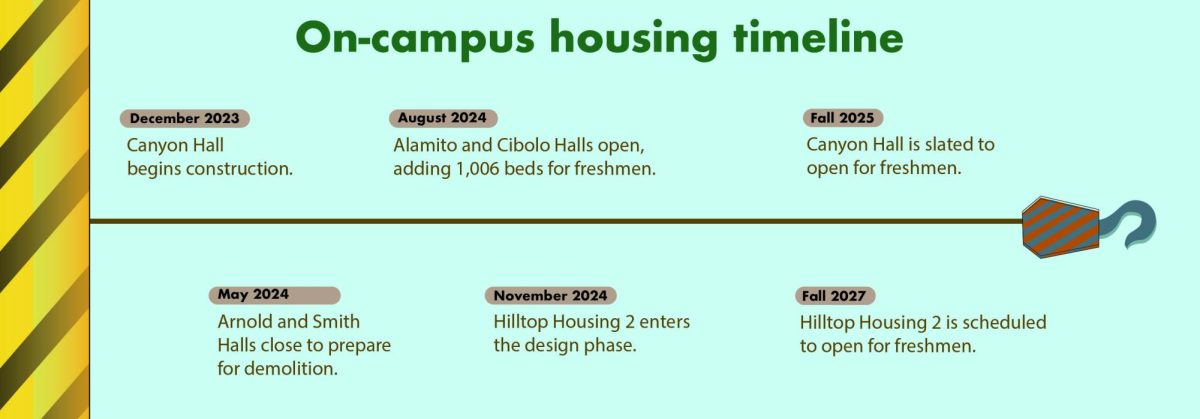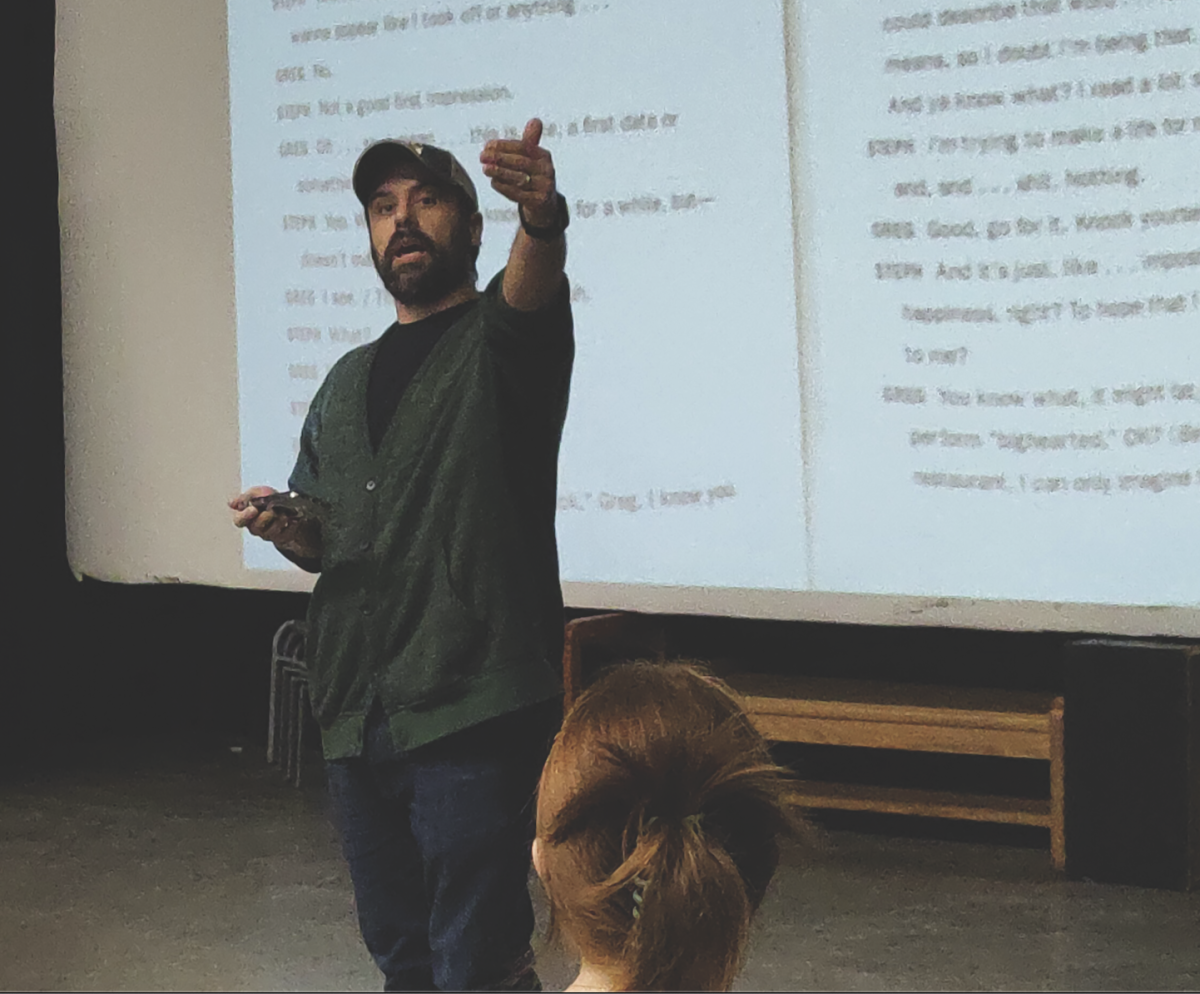Texas State’s Faculty Senate met with senate liaisons to discuss concerns over the fall 2021 semester in its Feb. 24 meeting.
In its Semester Full Faculty Senate meeting, senators and senate liaisons, charged with communicating individual faculty and departmental concerns to the Faculty Senate, split into groups to discuss concerns over the next semester. Senators reported the concerns of the liaisons and fellow senators in their colleges after returning from a discussion period.
A growing concern among some senators is the possible mandated return to in-person classes for the fall 2021 semester. Some senators reported uncertainty from faculty members over the upcoming semester’s modality and the vaccination rate among students.
Sen. Stacey Bender says faculty members she has spoken to have students who are “panicking” over the uncertainty of next semester. She also says there is concern over adhering to COVID-19 guidelines in departments and classes requiring physical contacts, such as the Department of Health and Human Performance.
Sen. Rachel Davenport says none of her fellow senators or liaisons believed class should return to normal “as if it was fall 2019″. She says flexibility in planning from the administration would be a better way to move forward rather than a complete return to normality.
“I think the closest to what the provost wants right now would be if we do schedule everything in-person like it was for 2019, we should still be kind of on our toes for a pivot if things aren’t better by the time this semester starting,” Davenport says.
Davenport and others in her group suggested next semester could look like the last two and the university should plan for a normal spring 2022 semester if possible. She also says something between “normal” and the current class situation could be a better fit.
Sen. Jennifer Jensen says a return to fully in-person classes should have classes capped at 50% capacity to maintain social distancing and to do away with the “A/B” hybrid mode of alternating classes, which she views as ineffective.
The Faculty Senate also discussed issues surrounding tracking attendance and how to incentivize students to stick with their classes, as some senators reported steep drop-offs in in-person and Zoom attendance with the continuation of the semester.
Concerning attendance, Jensen says the university should back up its claims of students wanting to return to in-person classes — a claim she says faculty she has spoken to contradict. Jensen says students have instead asked faculty to increase online courses, as a mix of modalities can inconvenience students, especially freshmen and sophomores.
“I think we all agreed it’s reasonable to ask faculty to collect or report this data, but it’s also completely reasonable to have the university survey the students to actually provide the data [to] backup [its] claims that students want to be in the classroom because my faculty cohort have not seen that evidence,” Jensen says.
Bender says faculty members are unclear as to how student attendance should be tracked, as online classes make keeping track of who is actually showing up to classes difficult. Some students log on while attendance is taken or during the first few minutes of a class, then leave, leaving faculty to ask for more guidance from the administration.
Sen. Nicole Wesley says even if the administration gathers faculty opinion, on attendance, modality or other topics, decisions are not impacted by the data. She adds surveys can be improved upon to be more comprehensive and accessible, making the implementation of the data collected more effective.
“Faculty is sick of doing surveys when nothing seems to be done with the data, or the data has no outcome,” Wesley says. “There are times when the administration makes executive decisions without regard to the data collected, including the December graduation that was discussed. Faculty input is important, but when is it used?”
Sherri Mora, a senior lecturer in the Department of Political Science, reminds the Faculty Senate that revisions to the schedule will be difficult once registration begins on March 29, as the fallout to changing the modality and sections for students after they have registered is much bigger, increasing the urgency of the concerns raised in the meeting.
Senate Chair Janet Bezner believes the last two days of lost classes due to last week’s winter storm would have to be made up.
“My understanding is that the Board of Regents approved a waiver for last week, meaning we are not required to make up the time we missed last week,” Bezner says. “The only days where we’re required to make up are this week — Monday, Tuesday. The provost has said that he prefers we do that using asynchronous and electronic means.”
Categories:
Faculty Senate raises concerns over fall semester, student attendance
Ricardo Delgado, News Reporter
February 25, 2021
0
Donate to The University Star
Your donation will support the student journalists of Texas State University. Your contribution will allow us to purchase equipment and cover our annual website hosting costs.
More to Discover


